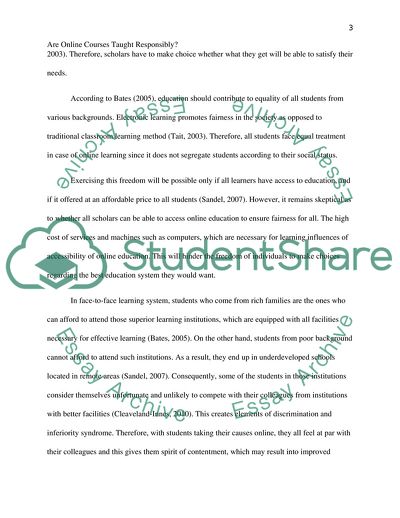Cite this document
(Are Online Courses Taught Responsibly Research Paper, n.d.)
Are Online Courses Taught Responsibly Research Paper. Retrieved from https://studentshare.org/education/1787907-are-online-courses-taught-responsibility
Are Online Courses Taught Responsibly Research Paper. Retrieved from https://studentshare.org/education/1787907-are-online-courses-taught-responsibility
(Are Online Courses Taught Responsibly Research Paper)
Are Online Courses Taught Responsibly Research Paper. https://studentshare.org/education/1787907-are-online-courses-taught-responsibility.
Are Online Courses Taught Responsibly Research Paper. https://studentshare.org/education/1787907-are-online-courses-taught-responsibility.
“Are Online Courses Taught Responsibly Research Paper”, n.d. https://studentshare.org/education/1787907-are-online-courses-taught-responsibility.


